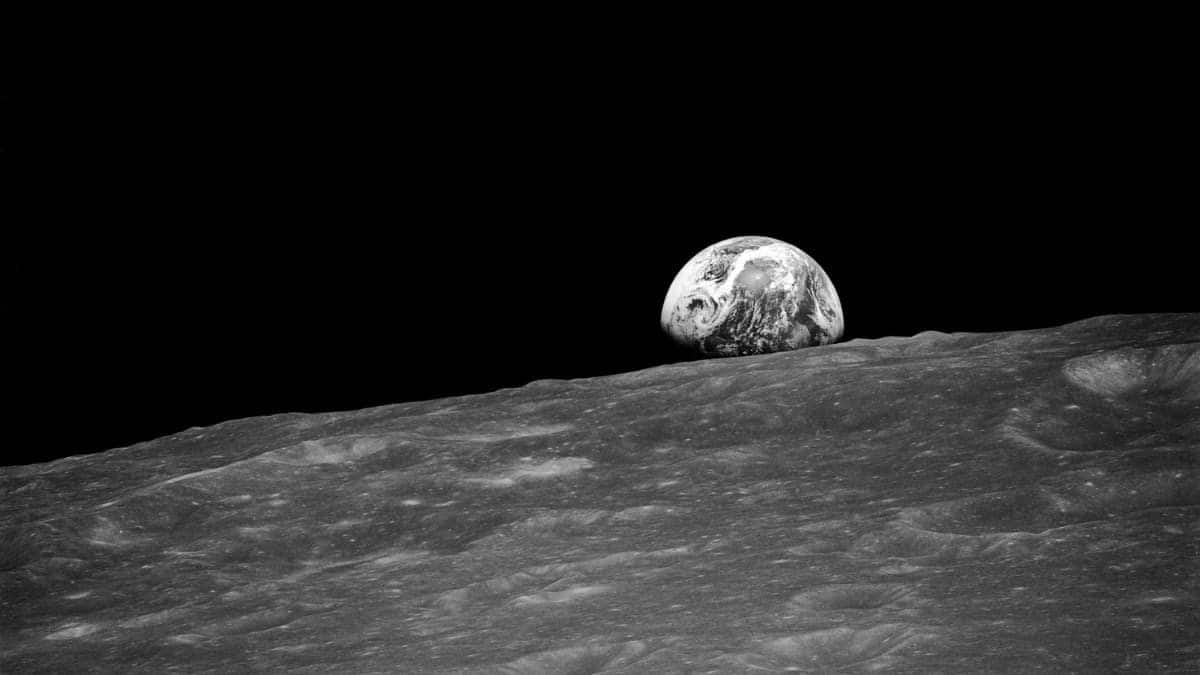
Moon might save over 1 million endangered Earth species
What's the story
Scientists are developing a groundbreaking project to establish a "biorepository" on the Moon, aimed at preserving Earth's endangered species. The ambitious plan involves cryogenically freezing biological materials such as DNA, seeds, spores, and even cells or tissues of various species using liquid nitrogen. These preserved samples will then be transported via rockets to the Moon's north and south poles for long-term storage.
Location
Why the Moon's poles are ideal
The Moon's poles have been selected for this project due to their extremely low temperatures, ranging from -180 degrees to -230 degrees Celsius. This natural freezing environment is ideal for preserving the biological material, until a method is found to revive these species. The project has the potential to save over one million species currently at risk of extinction on Earth.
Lunar benefits
Several advantages for preservation
The Moon's freezing temperature eliminates the need for artificial cooling techniques, which would require significant investment on Earth. Once the specimens are transported to the Moon, no additional costs will be incurred. Additionally, the Moon is free from natural disasters and human interference, eliminating concerns about ownership disputes over specimens, and reducing the risk of contamination and degradation.
Radiation shield
Lunar regolith's thick layers provide protection against radiation
The thick layers of lunar regolith, a type of soil found on the Moon, provide additional protection against radiation. This further enhances the suitability of the Moon as a preservation site for biological materials. The initiative aligns with long-term plans for human colonization of the Moon and beyond, potentially paving the way for new technologies beneficial for space travel.
Sample preservation
Scientists have already frozen fin samples
As part of this project, scientists have already cryogenically preserved fin samples from the starry goby fish. These samples are helping researchers understand potential challenges in preserving life in space's harsh conditions. In future stages of this project, these frozen specimens will be sent to the International Space Station (ISS) for further testing under space conditions.